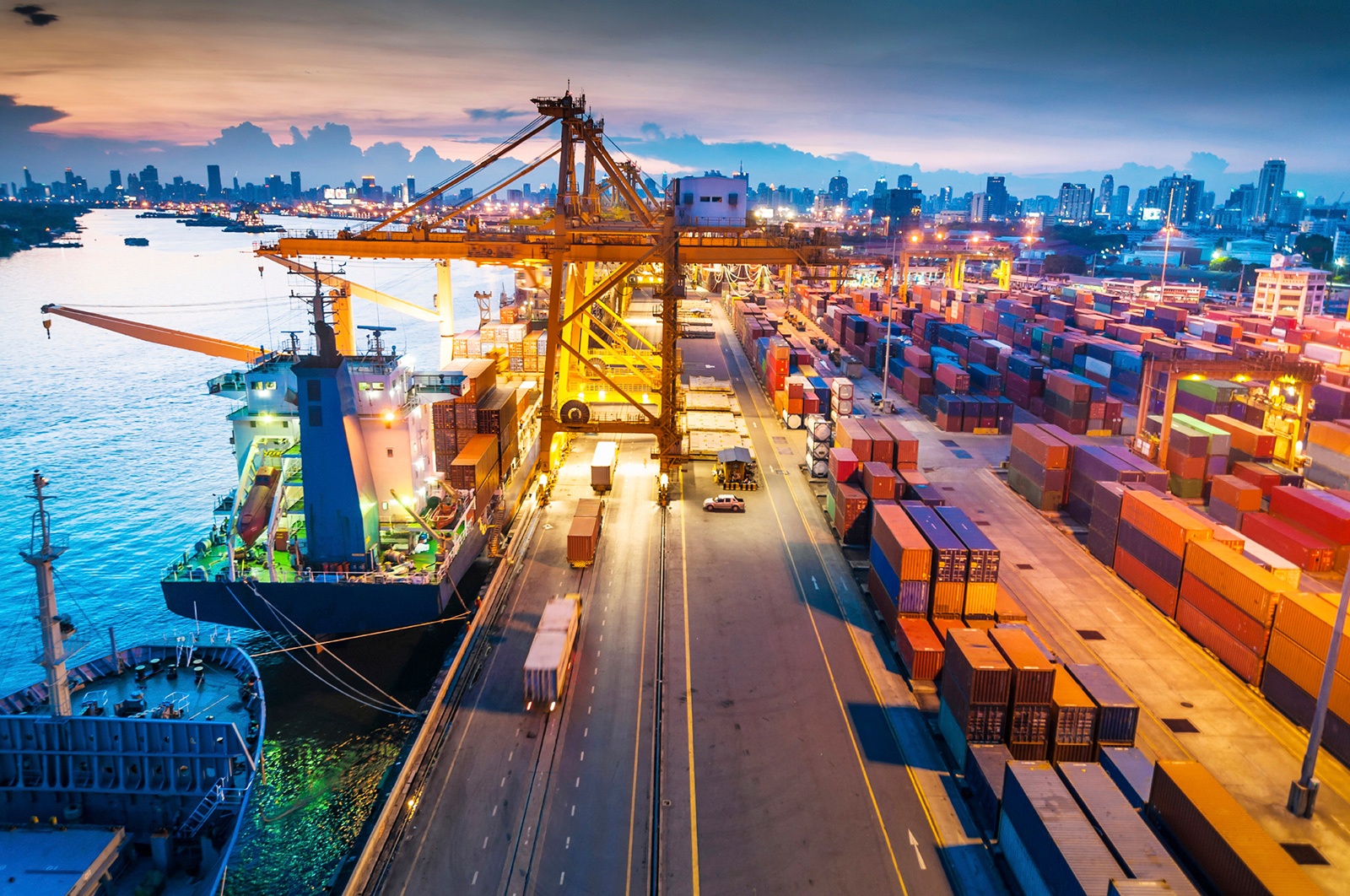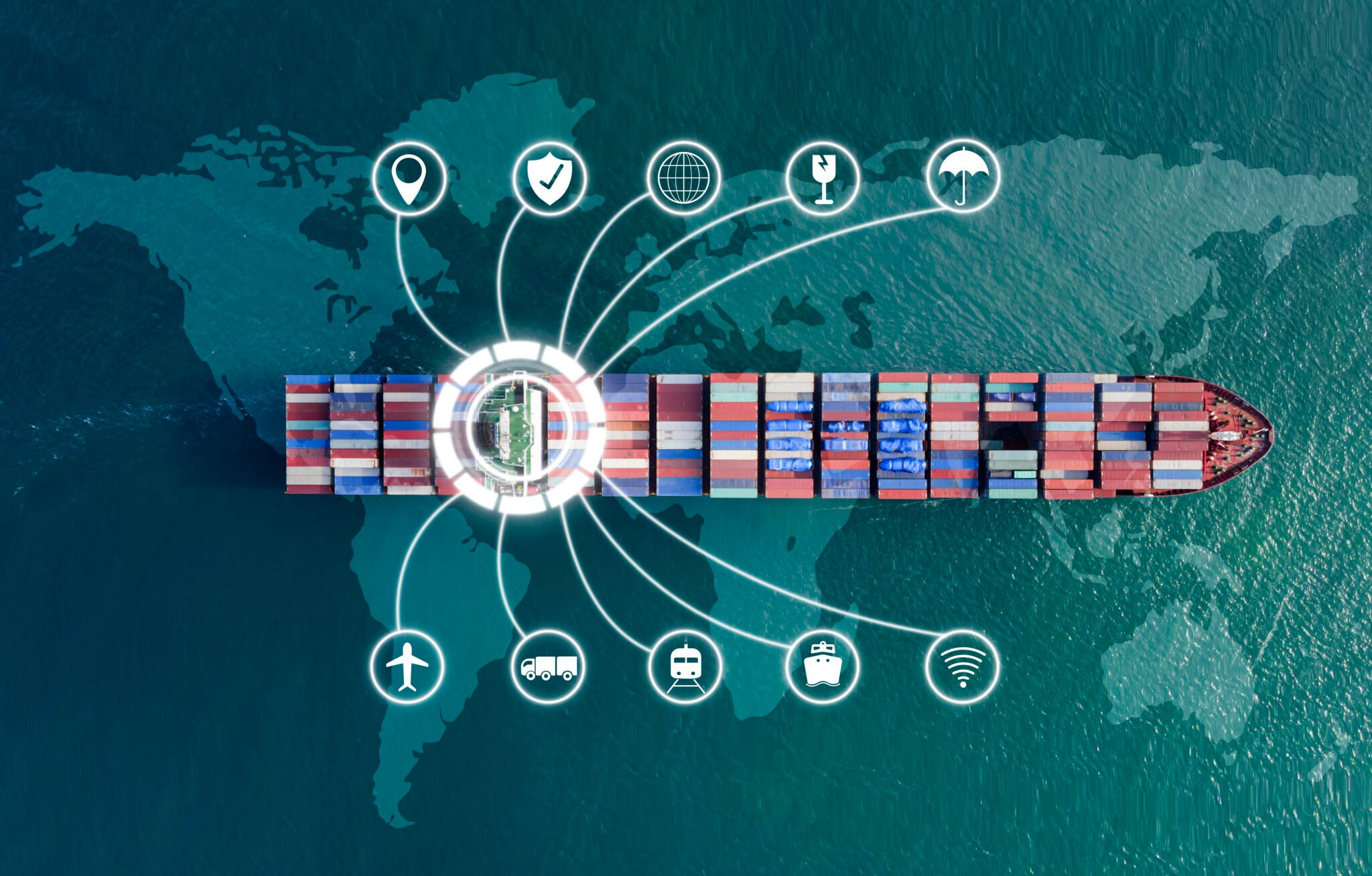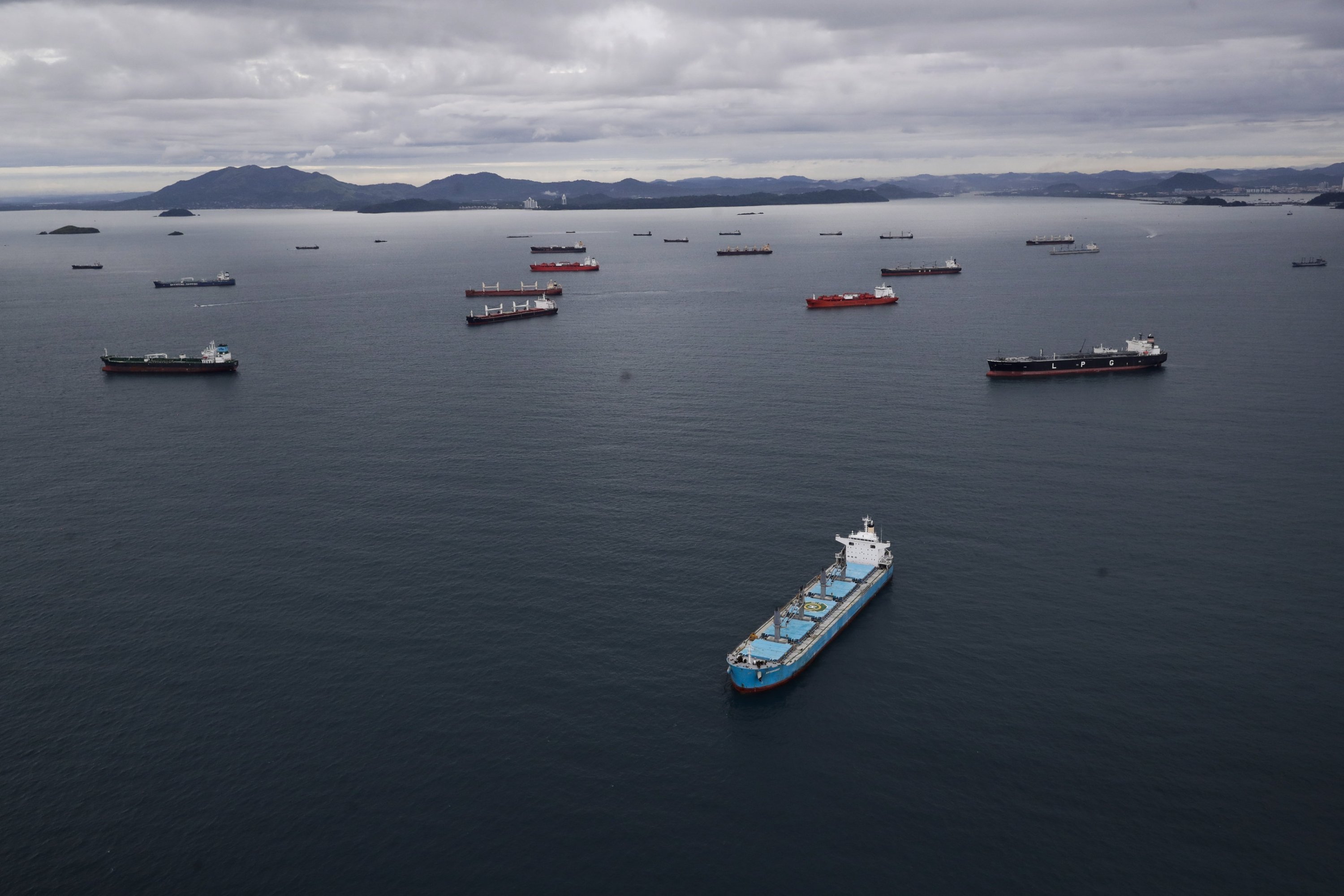Incoterms is short for International Commercial Terms. They are a set of rules defined by the International Chamber of Commerce (ICC) and are accepted by governments and legal authorities worldwide. Incoterms exist so people from different countries can follow the same standards, in order to lessen misunderstandings and misinterpretations.
Shippabo offers different services that handle different Incoterms rules. Our goal is to provide transparency for shipment tracking and costs incurred as the shipment moves from destination to destination. While we try to service every Incoterm rule, there are a few exceptions.
The following are a set of trade terms related to common sales practices, meant to clearly communicate the tasks, costs, and risks relating to the transportation and delivery of goods:
Incoterm Rules for Any Mode of Transport:
EXW - Ex Works (named place of delivery):
The seller names the place of delivery, while the buyer takes all of the risks for bringing the goods to their final destination.
For example, a buyer usually arranges transportation to get freight from the designated location and is responsible for clearing customs and export documentation. The seller has an obligation to obtain information and documents, but at the buyer's cost.
FCA – Free Carrier (named place of delivery)
The seller delivers the goods to a named place after the goods have been cleared for export. The buyer can choose a carrier that the seller can delivery to. Once the seller delivers to the buyer's carrier, or the named place, the buyer assumes all risks and costs from there.
CPT – Carriage Paid To (named place of destination)
Terms under CPT replaces all C&F/CFR (cost and freight) terms for all shipping modes outside of non-containerized seafreight. The seller pays for the delivery of goods up until the named place of destination, but the goods are considered delivered when the goods have been handed over to the first or main carrier. This means the risk transfers to the buyer when the goods are handed over the the carrier at the named place of delivery, which is in the country of export.
CIP – Carriage and Insurance Paid to (named place of destination)
The CIP term is very similar to CPT (above), but the seller is required to obtain insurance for the goods while the goods are in transit. The risk transfers to the buyer once the seller delivers the carrier at the named place of delivery.
DAT – Delivered At Terminal (named terminal at port or place of destination)
The seller is required to deliver the goods, unloaded, at the named terminal. The seller covers all the costs of transports, which may include export fees, carriage, destination port charges, and possibly other fees. The seller assumes all risks until the goods arrive at the destination port or named terminal.
DAP – Delivered At Place (named place of destination)
The seller is responsible for all risks and costs for delivering the goods and the named place of destination. Once the goods have arrived, the buyer assumes responsibility for the goods and import taxes/fees.
DDP – Delivered Duty Paid (named place of destination)
The seller is responsible for delivering the goods to the named place of destination. The seller also pays for all the costs for delivering the goods, including any import fees and taxes. This term places the maximum obligations on the seller while minimizing obligations to the buyer.
Incoterm Rules for Sea and Inland Waterway Transport:
Certain locations qualify for the following Incoterm rules. Please refer to the United Nations Code for Trade and Transport Locations (UN/LOCODE).
FAS – Free Alongside Ship (named port of shipment)
The seller bears all costs and risks for the goods until the goods are placed alongside the buyer's vessel at the named port of shipment. This term requires the seller to clear the goods for export.
FOB – Free on Board (named port of shipment)
The seller bears all costs and risks up to the point when the goods are loaded onto the vessel. The seller is also responsible for export clearance unless the contract says otherwise.
CFR – Cost and Freight (named port of destination)
The seller pays for the carriage of the goods up until the named port of destination. The buyer assumes risks when the goods have been loaded on board the ship in the country of Export. The shipper is responsible for origin costs, including the export clearance and the freight costs for carriage to the named port.
CIF – Cost, Insurance & Freight (named port of destination)
This term is very similar to CFR (above), but the seller is required to obtain insurance for the goods while in transit to the named port destination.
See below for reference from Wikipedia:
The table is a short summary of the basic responsibilities between the buyer and seller under different Incoterm rules.
While these terms are outdated, there are rare cases in which they are still used.
DAF – Delivered at Frontier (named place of delivery)
This term can be used when the goods are transported by rail and road. The seller pays for transportation to the named place of delivery at the frontier. Frontier generally means a location near a border. The buyer arranges for customs clearance and pays for transportation from the frontier to his factory. The passing of risk occurs at the frontier.
DES – Delivered Ex Ship
The passing of risk does not occur until the ship has arrived at the named port of destination and the goods are made available for unloading to the buyer.
DEQ – Delivered Ex Quay (named port of delivery)
This is similar to DES, but the passing of risk does not occur until the goods have been unloaded at the named port of discharge (unloading). The port of discharge may or may not be the destination port.
DDU – Delivered Duty Unpaid (named place of destination)
The seller delivers the goods to the buyer at the named place of destination. The seller bears the risks and costs to safe delivery to name place of destination, but the buyer becomes responsible for paying the duty and taxes.




